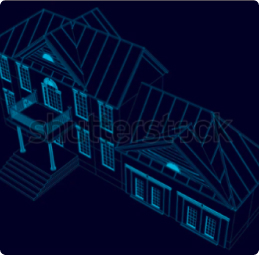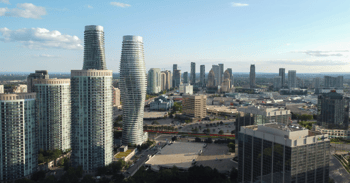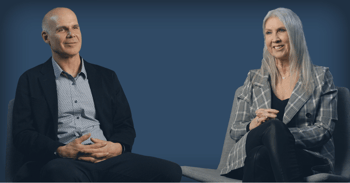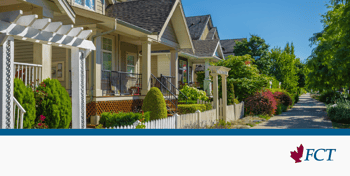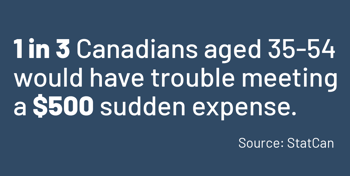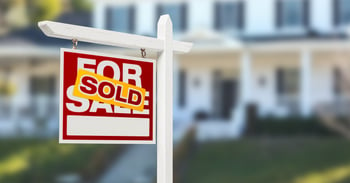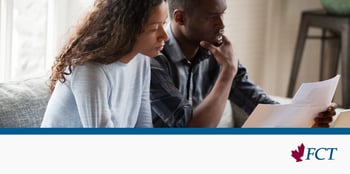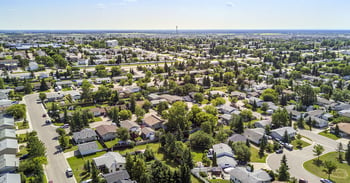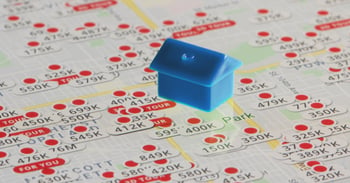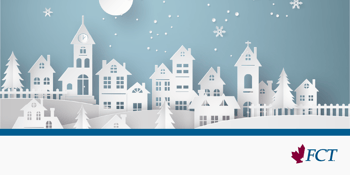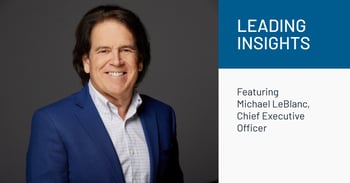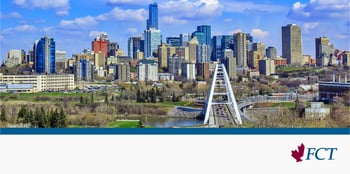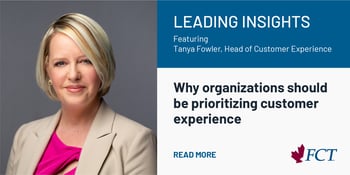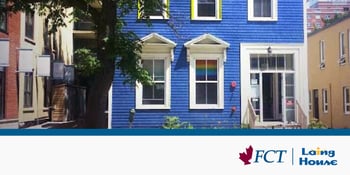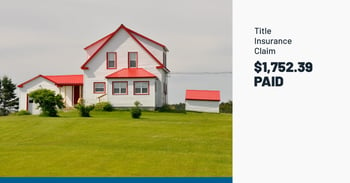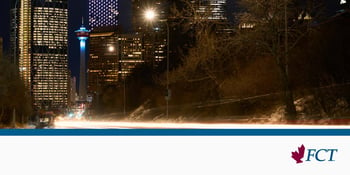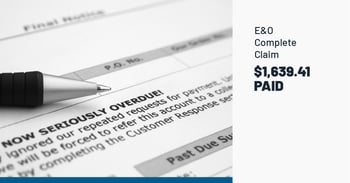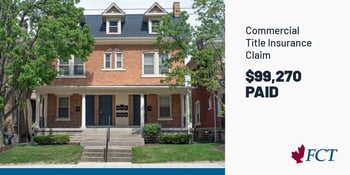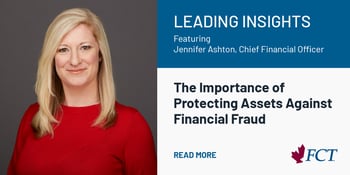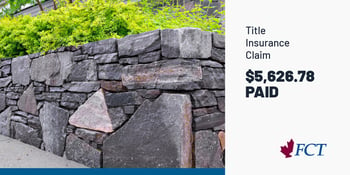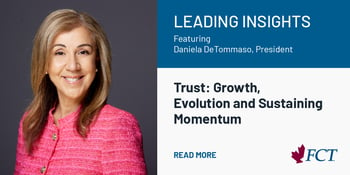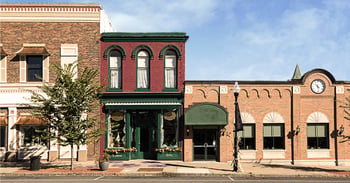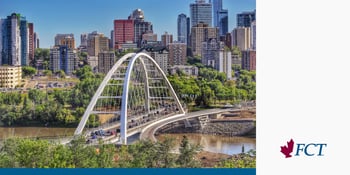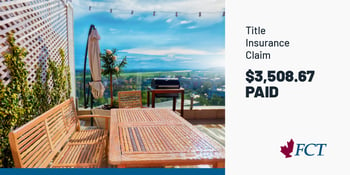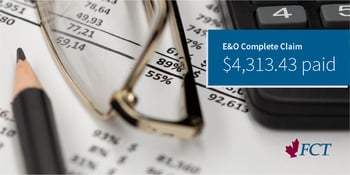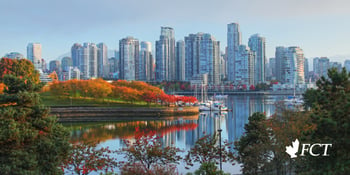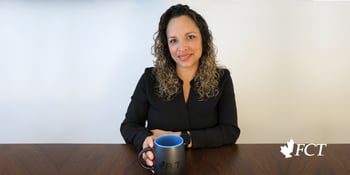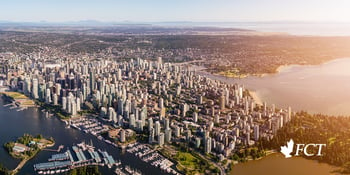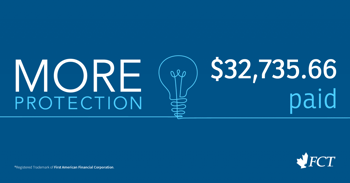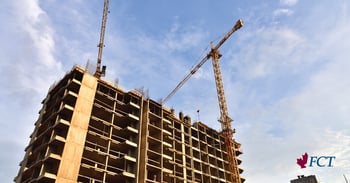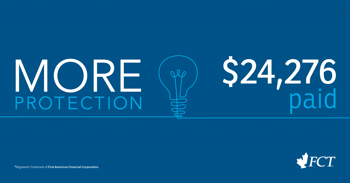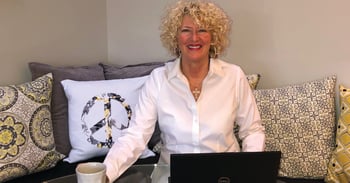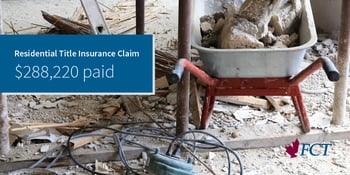
According to the Canadian Mortgage and Housing Corporation (CMHC)’s annual Mortgage Consumer Survey, more than 1/3 of home buyers felt concerns or uncertainty about buying a home, such as unforeseen costs, finding the right home, and paying too much for their home.
Will you buy a home in Canada this year? Here are some things you should know.
How much can you afford?
Before you start house-hunting, it’s vital to understand how much you can actually afford. The CMHC recommends that your housing costs should be no higher than 32% of your gross monthly income.
Your total cost includes home insurance, property taxes, and condo fees plus your mortgage payment. Even though it can be tempting to spend more to get a nicer or bigger house, stretching your budget to get more house can jeopardize your ability to save for retirement and emergencies.
Trust the experts and look for homes within your budget for long term financial security.
Understand the difference between open vs. closed mortgages
If you get a closed mortgage, you are agreeing to the terms of the loan exactly as they are for the length of the term. If you need to sell your home before the term is up, then you’ll be stuck paying a fee for breaking your term early.
Also, you can’t pay off your mortgage without penalties. Many lenders allow you to pay certain amount extra per calendar year without a penalty. Typically, this is 15% of the original principal balance of the mortgage per calendar year.
An open mortgage, on the other hand, can be paid off at any time without penalties. So, if you get a year-end bonus at work or inherit some money, you can either make a dent or pay off your mortgage in full.
If you plan to change the terms of your mortgage any time soon, an open mortgage may be a good option for you. Yet, because open mortgages give the homebuyers added flexibility, they typically come with a higher interest rate than a closed mortgage.
Choose between fixed vs. variable rate
The next choice you need to make about your mortgage is whether you want a fixed or variable rate.
Fixed rate mortgages guarantee you an interest rate on your loan for a term of anywhere from one to five years. The amount you pay each month will not change during that time.
With a variable rate mortgage however, your interest rate will fluctuate based on the Bank of Canada’s prime rate. Your variable rate will be +/- the prime rate. When the prime rate goes up or down, your rate follows suit.
Many banks offer variable rate mortgage payments that remain the same each month. This impacts how much of your payment goes toward your principal and how much goes toward interest. When the variable rate goes down, more of your monthly payment goes toward your principal and vice versa.
Plan for closing costs
Many first-time homebuyers are unprepared for how much money they need to spend on closing costs. Closing costs include land transfer tax, legal fees, title insurance, and more.
It’s important to budget for these costs. You can expect your closing costs to run you an extra 1.5-4% of your home’s purchase price.
Make sure you set aside this money to avoid running into financial difficulties close to moving day.
Don’t forget title insurance
When you buy a home, the title (the right to ownership of that land) is transferred to you from the previous owner.
Title insurance protects you from a wide range of problems that could cost you a lot of money in the long run. For example, if there was an existing lien on the property, or if someone forges the deed to your home and sells it without your consent, or if the previous owner’s heir shows up and makes a claim for the property.
Your lawyer also might have accidentally overlooked something during the home’s closing. Paying the one-time premium for title insurance means you have peace of mind that you’re protected from title and off-title issues that could come up.
Get an inspection on your new home
A home inspection is not a legal requirement. But it is a smart choice that could save you money and headaches down the road.
A home inspector will thoroughly examine your new home from roof to foundation to look at the plumbing, heating, ventilation, structure and electrical components. They will look at the integrity of the windows and doors and for any foundation cracks or insulation issues.
You can expect to pay around $500 for a home inspection. And even if there’s nothing majorly wrong, the report the home inspector gives you is a handy list of things to keep an eye on and plan to address in the future.
Best of all, most home inspectors are happy to have you join them as they do their inspection. You can learn a lot about home maintenance and repair by listening to their expert advice.
Choose how you want to pay your property taxes
You can choose to pay your property tax in several installments throughout the year. Or your lender may offer to roll your property tax payment into your monthly mortgage payments. Then your lender will pay your property taxes on your behalf.
How much property tax you’ll have to pay depends on the value of your property and your location.

